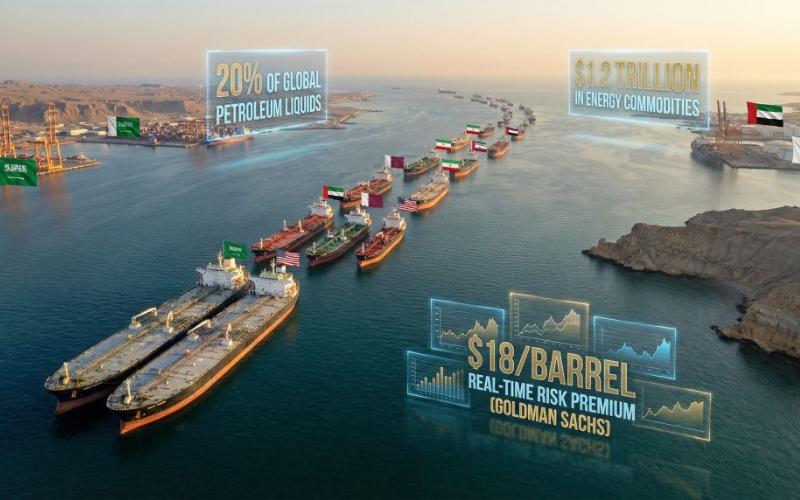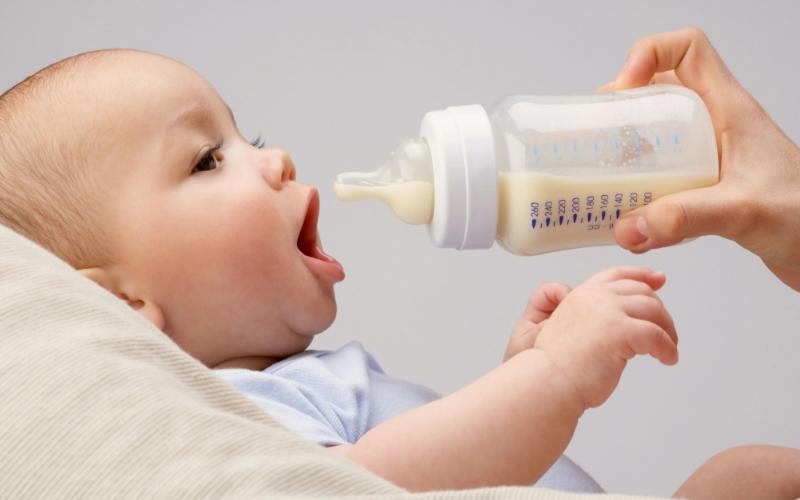The chain of devaluation: how processors and retailers are absorbing the margins of European farmers

According to data fr om 2021, German farmers received only 21.7% of the retail price, and this trend remains negative. The most illustrative example is bread: in 1970, agricultural producers received 19.2% of the final cost, whereas in 2022, it was only 5%. A similar situation exists in the dairy sector, wh ere purchase prices have not covered operating costs over the past decade, forcing farms to rely on subsidies.
One of the key issues is the redistribution of profits in favor of a limited number of large processing and retail companies. Experts estimate that concentration in retail and processing undermines the balance of the agri-food market. In Germany, four retailers control 85% of the retail food market, and the merger between Arla and DMK could lead to control of up to 13% of the entire milk market in the EU.
Despite protests from farmers in early 2024, political responses have been half-hearted. Under pressure from several factions in the European Parliament, the European Commission relaxed environmental standards for the Common Agricultural Policy (CAP), without addressing a key issue — establishing fair pricing.
The strategic dialogue on the future of agriculture in the EU, initiated by Ursula von der Leyen, has begun a review of regulations, including directives on unfair trading practices and rules for functioning of the common market (CMO). An important part of this discussion has been written contracts with fixed prices. Such mechanisms are already in place in France and Spain. In Spain, supply below cost is also prohibited. In Germany, however, this initiative was blocked by industry lobbying.
A key step could be extending contractual obligations to farmer cooperatives, which in some countries operate more as processing holdings than as producer associations. The situation with limiting producer organization shares on the market remains unresolved: while processing corporations can increase their influence, farmer unions are restricted to a cap of 4%.
Positive changes are demonstrated by pilot projects in France and Germany implementing tripartite contracts between farmers, processors, and retailers. These agreements are concluded for 3–5 years and include:
- Fixed pricing formulas with quarterly reviews;
- Agreed marketing strategies;
- Commitments to quality standards, sustainability, and animal welfare.
According to the European Dairy Board, these contracts strengthen predictability and protect producers from volatility, reducing social tension within the industry.
The EU faces a need for comprehensive reforms in its agri-food sector. Without a fair profit distribution model based on contractual discipline, limiting market concentration, and strengthening farmers’ associations, the sustainability of European agriculture is at risk. The current supply chain structure creates debt burdens, devalues labor, and discourages younger generations: less than 12% of European farmers are under 40 years old today.
If Europe aims to preserve food sovereignty and meet climate goals, it must shift from subsidizing unprofitable models to institutional strengthening of farming as an equal and profitable participant in the food economy.










